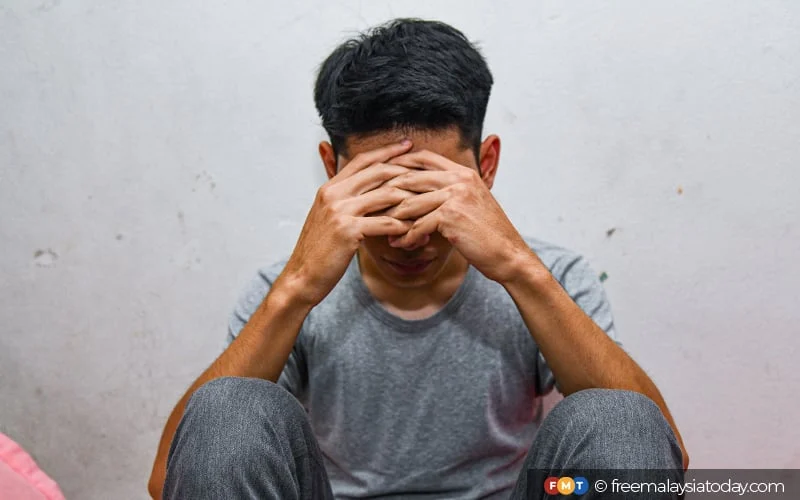
PETALING JAYA: Dewan Rakyat has passed amendments to the Mental Health Act, with one of the two clauses empowering crisis intervention officers to break into premises to stop suicide attempts.
During his wind-up speech, deputy law and institutional reform minister Ramkarpal Singh addressed several concerns raised by members of the house, regarding the training and possible abuses of power by the crisis intervention officers.
In his reply to queries on the officers’ training in handling the mentally ill or those attempting suicide, Ramkarpal said the health ministry had developed a training module for frontliners in suicide prevention.
“Handling suicide attempts requires training and expertise. In 2022, the health ministry trained more than 50 police officers and firefighters under this module.
“The training involves communications and negotiation skills. It involves continuous training to increase the skills of crisis intervention officers on handling suicide attempts,” said Ramkarpal.
He said these officers, from the police, fire department, welfare department, civil defence and the maritime enforcement agency, had the discretion to work alone or in a team when it comes to stopping suicide attempts.
On the damages incurred when these enforcement agents break into premises, the deputy minister said the victims or those whose premises were damaged could take civil action for the government to reimburse the cost of repairs or to replace the damaged items.
However, Hassan Karim (PH-Pasir Gudang) voiced his concern on the potential abuse of power, describing the authority granted to these agencies by Parliament as a “blank cheque”.
His colleague, Dr Kelvin Yii (PH-Bandar Kuching), interjected and said the situation on the ground regarding suicide attempts required the government to use force to gain entry and save lives.
“Those attempting suicide will lock themselves up. They don’t want to be saved. I understand your concern but when it comes to this sort of emergency, the authorities need to break down the door to rescue them,” Yii said.
Ramkarpal concurred with Yii after he took the floor.
He also said that mental health experts will not be accompanying these crisis intervention officers as they played a different role in treating the victims and not as enforcement agents.
“If they are part of the crisis team, their doctor-patient relationship could also be affected. The victim may not trust them or seek treatment on their own.
“Additionally, they are needed to provide medical care to other patients in the hospital,” he said. - FMT



No comments:
Post a Comment
Note: Only a member of this blog may post a comment.